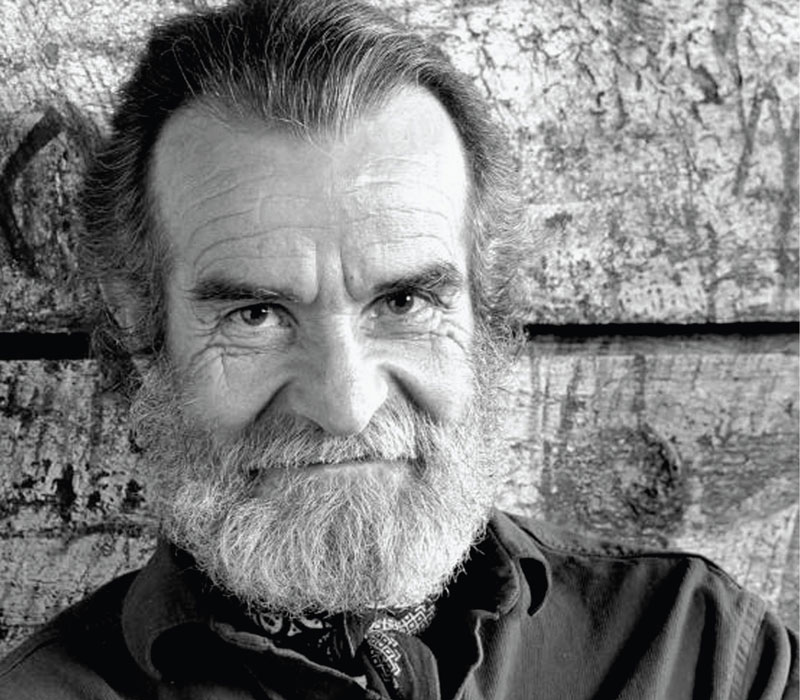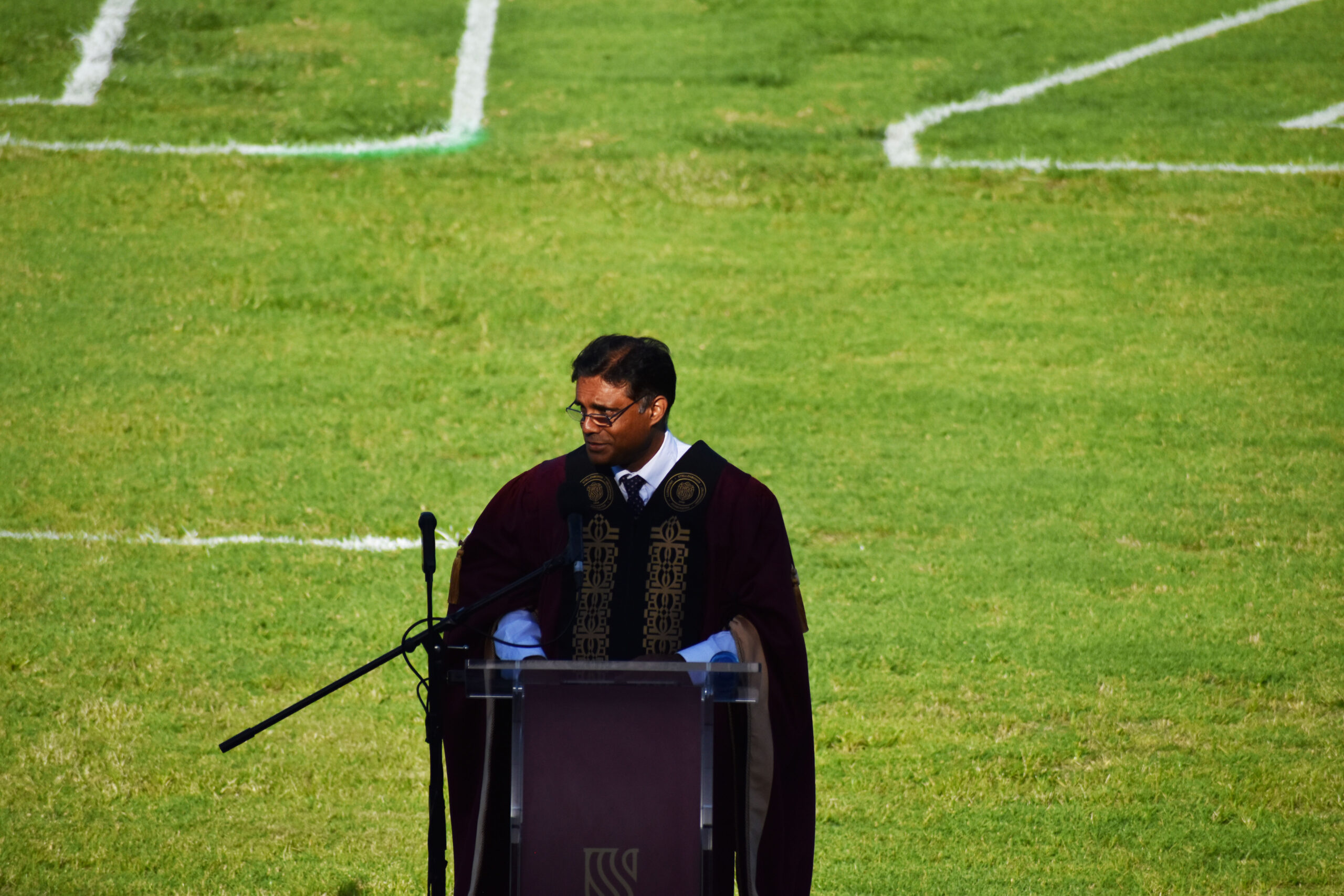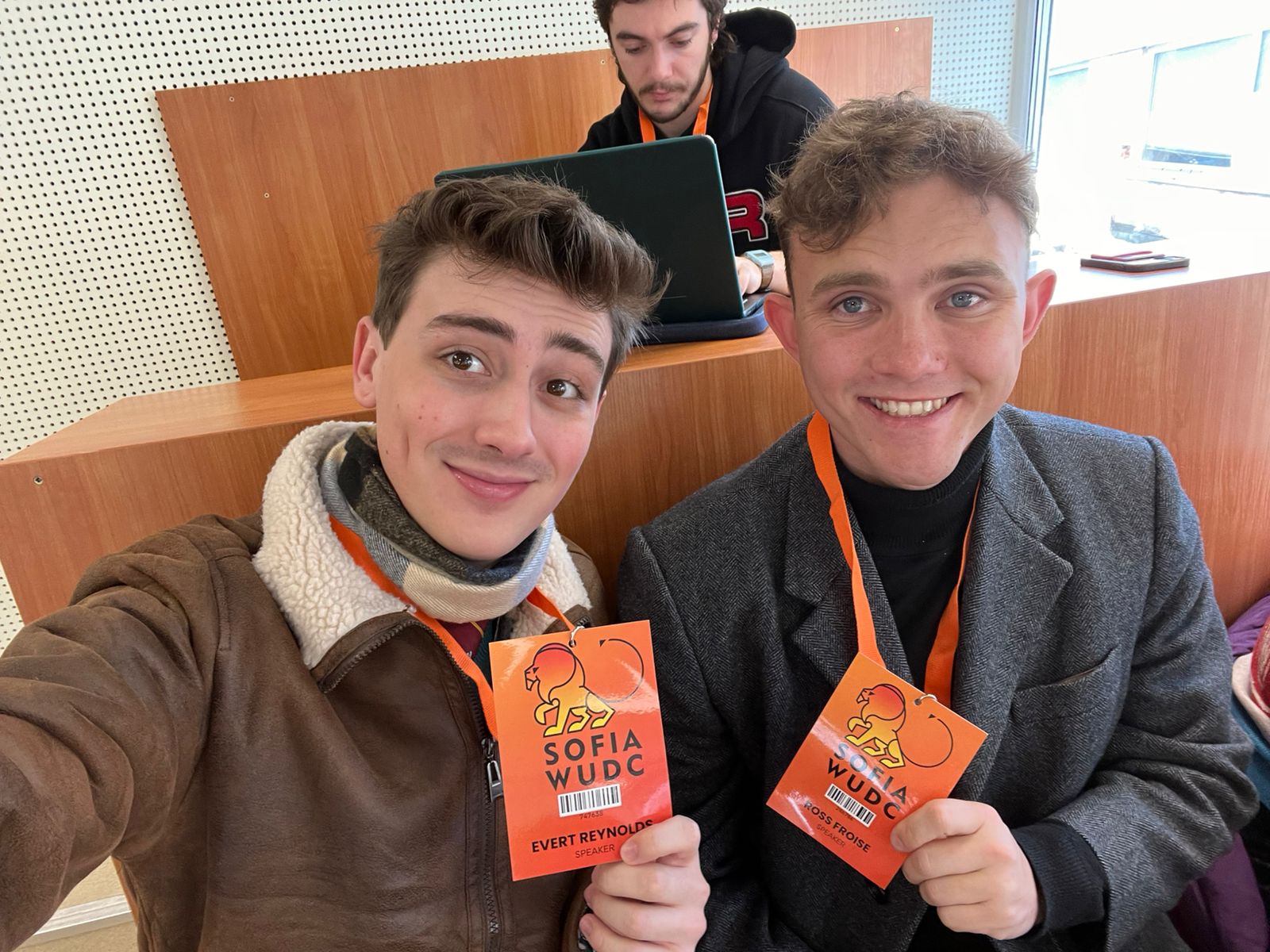Athol Fugard died on Sunday 9 March at home in Stellenbosch. An internationally acclaimed theatre icon, Fugard was 92 years old.
Fugard was born in 1932 in Middleburg, South Africa and grew up in Port Elizabeth and Cape Town during the apartheid regime.

Fugard wrote more than 30 plays, including legendary and influential pieces such as The Island, Sizwe Banzi is Dead and The Blood Knot. Fugard’s work centred around themes of human dignity and the value of human life and played a powerful role in resistance against apartheid. Fugard’s work lead him to start a number of different theatre companies and work with many luminaries of South African theatre such as Winston Ntshona, Barney Simon and Dr John Kani. Many of his works were adapted to the screen and he received a multitude of accolades during his lifetime, including a Special Tony Award for lifetime achievement in 2011 and an honorary doctorate in philosophy from the University of Stellenbosch.
His plays included multiracial casts and collaborators, un-segregated audiences and strong opposing views to the systemic and cultural injustices of apartheid. Fugard’s defiant work resulted in rehearsals and performances being subject to frequent censorship and police raids. He was vocal in his support of the international boycott of South African theatre and his plays were received into the international community with great gusto, exposing the reality of life for non-white South Africans under apartheid and further fuelling the Anti Apartheid Movement.
While Fugard has lived and travelled to many places during his lifetime, including living and lecturing in San Diego for a number of years, Athol Fugard met his wife, Paula Fourie, in Stellenbosch in 2012 where she was completing her PhD. They worked alongside one another on a number of projects, marrying in 2016 and settling in Stellenbosch with their children. He reflected in an interview that “I’ve really come to love this little town… I remember leaving the Eikestad Mall during Trish hour and having to come to a stop at the crossing of Bird and Plein Streets, as cars whizzed by, no one stopping for us. Next to me stood a matronly lady, also waiting for a gap in the traffic. At last, frustrated by the waiting, I thought ‘bugger this’ and putting out my hand to stop the cars, took her arm and led her across the street. On the other side, she thanked me warmly in the marvellous Kaapse Afrikaans of this region. We stood there for a moment sharing a bit of conversation. And it was right there, on that corner of midtown Stellenbosch that I was suddenly overwhelmed by a profound sense of finally being ‘home’ again — in South Africa, in a small town — speaking my mother’s tongue.”
Fugard is a poignant example of using one’s privilege to empower others and make a difference. “I am essentially a storyteller” he explained in an interview “I lived with the promptings of my heart and told stories which reflected the reality of society”. Fugard empowered his audience, not only by revealing the complex realities of our world beyond apartheid, but by reflecting an unwavering hope for the striving of the human spirit. His work will forever remain an inspiring part of the South African identity and an undying reminder to strive for empathy, dignity and love.
By Leah Falcon



